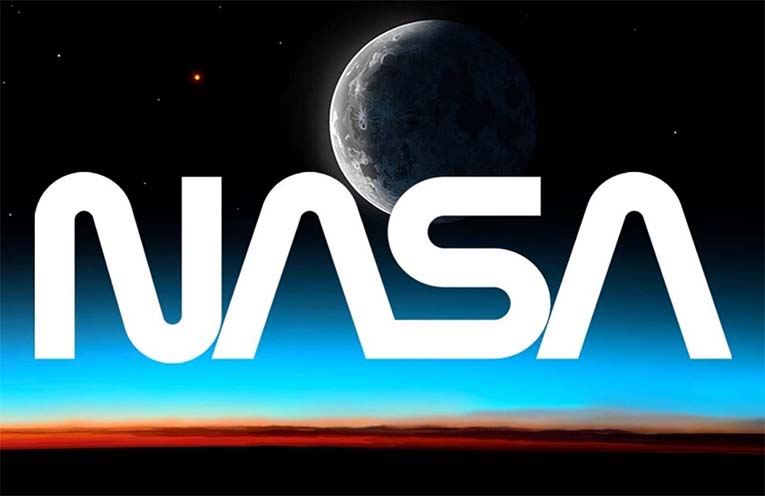
IN the annals of legal history, few entities have faced such an eclectic array of lawsuits as NASA, the vanguard of humanity’s exploration of the cosmos.
Among the myriad tales of litigation lies a tapestry of peculiar cases that defy the conventional and embrace the bizarre.
One might imagine that lawsuits against NASA involve issues like rocket malfunctions or space debris causing damage.
However, the reality is often far more colourful.
Meet Sylvia, a self-proclaimed psychic from California who, in a twist of cosmic irony, sued NASA for allegedly interfering with her “vibrations”.
Sylvia claimed that NASA’s powerful radio transmissions disrupted her psychic abilities and cosmic channelling sessions, rendering her unable to commune with extraterrestrial beings.
Her lawsuit, filed in 2008, sought damages for what she described as “interference with spiritual energy flow”.
The judge found it difficult to maintain a straight face, and Sylvia’s case was promptly dismissed, leaving her spirits less attuned than ever.
Across the country in New York City, another legal saga unfolded with Jack, a charismatic entrepreneur who boldly asserted ownership of Mars.
Jack, armed with a makeshift deed and a flair for publicity, filed a lawsuit against NASA in 2016, demanding recognition of his alleged property rights over the Red Planet.
His claim?
Jack argued that his ancestors had bequeathed Mars to him through a series of cryptic family documents dating back centuries.
Despite the court’s scepticism and NASA’s bemusement, Jack’s case garnered international attention before ultimately being dismissed as frivolous.
Meanwhile, in a suburb of Houston, Texas, a man named Larry embarked on a crusade against NASA for what he vehemently believed was “bad TV reception from space”.
Convinced that NASA’s satellite transmissions were to blame for his fuzzy television signals, Larry filed a lawsuit in 2013 seeking compensation for the alleged interference.
However, investigations later revealed that the culprit was not cosmic interference but a faulty aerial on his roof.
NASA, with its usual deadpan humour, pointed out that their satellites were busy probing the cosmos, not hijacking Larry’s soap operas.
In the realm of legal outcomes, some plaintiffs have indeed emerged victorious against NASA.
Take the case of Emily, an amateur astronomer from Florida who successfully sued NASA in 2005 for damages caused by a stray piece of space debris that crashed into her backyard observatory.
Emily’s meticulous documentation and expert testimony proved pivotal in establishing NASA’s liability, resulting in a substantial settlement that funded repairs and upgrades to her observatory.
These cases illustrate the spectrum of human responses to the wonders and complexities of space exploration.
From psychic vibrations to planetary ownership and cosmic television signals, lawsuits against NASA reflect broader societal attitudes towards science, technology, and the unknown.
While many of these cases may appear outlandish, they serve as poignant reminders of the profound impact that space exploration has on our collective imagination and daily lives.
As we continue to navigate the frontiers of space, one can only speculate about the future legal disputes that may arise.
Whether fuelled by genuine grievances, eccentric beliefs, or a quest for recognition, these lawsuits against NASA showcase the enduring fascination and occasional discord that accompany humanity’s quest to understand the universe beyond our Earthly bounds.
See Dave’s website: www.davidreneke.com.
By David RENEKE, Astronomer